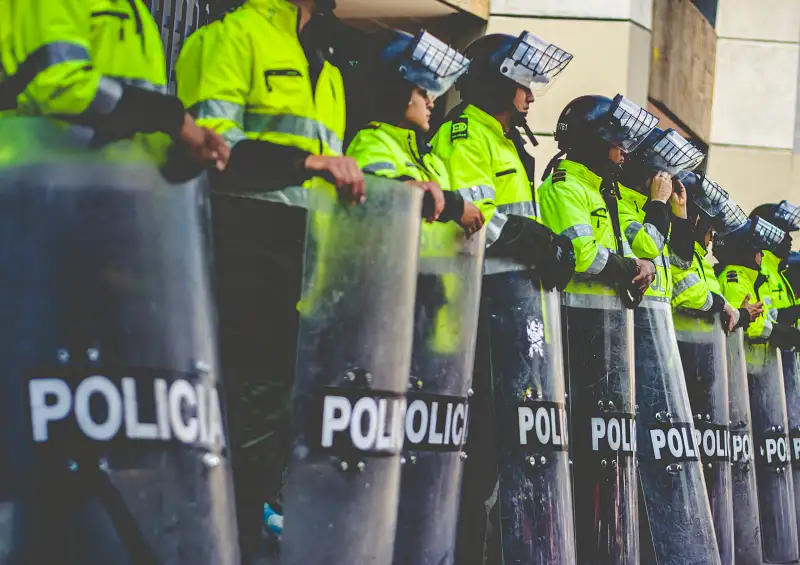Throughout history, the world has witnessed the rise of various political leaders who have embraced authoritarianism as their governing style. In this article, we will explore some prominent examples of western authoritarian leaders, examining their ideologies, actions, and impact on their respective countries.
1. Adolf Hitler (Germany)
Adolf Hitler, the leader of Nazi Germany from 1934 to 1945, is often regarded as one of the most infamous authoritarian figures in history. Hitler’s fascist regime was characterized by extreme nationalism, racial superiority, and the suppression of political opposition. His policies led to the persecution and genocide of millions, particularly targeting Jews, Romani people, and other marginalized groups.
2. Benito Mussolini (Italy)
Benito Mussolini, the founder of Italian fascism, ruled Italy from 1922 to 1943. Mussolini’s regime sought to establish a totalitarian state, emphasizing nationalism, militarism, and authoritarian control. His policies included the suppression of political dissent, censorship of the media, and the glorification of the state. Although initially popular, Mussolini’s leadership ultimately led to Italy’s decline and his own downfall.
3. Francisco Franco (Spain)
Francisco Franco, the dictator of Spain from 1939 to 1975, emerged victorious in the Spanish Civil War and established a fascist regime. Franco’s authoritarian rule was characterized by repression, censorship, and the suppression of regional autonomy. He aimed to create a homogeneous Spanish identity by suppressing regional languages and cultures. Despite his brutal regime, Franco managed to maintain power for nearly four decades.
4. Augusto Pinochet (Chile)
Augusto Pinochet, the military dictator of Chile from 1973 to 1990, came to power through a coup d’état that overthrew the democratically elected government of Salvador Allende. Pinochet’s regime was marked by human rights abuses, including widespread torture, disappearances, and political repression. Despite his authoritarian methods, Pinochet implemented neoliberal economic policies that transformed Chile’s economy.
5. Vladimir Putin (Russia)
Vladimir Putin, the current President of Russia, has been accused of consolidating power and suppressing political opposition during his tenure. Putin’s regime has been characterized by restricted media freedom, limitations on civil liberties, and allegations of election manipulation. His leadership style has been described as authoritative, with an emphasis on maintaining control and stability.
6. Recep Tayyip Erdogan (Turkey)
Recep Tayyip Erdogan, the President of Turkey since 2014, has faced criticism for his increasingly authoritarian rule. Erdogan’s regime has been marked by the suppression of dissent, the erosion of press freedom, and the weakening of democratic institutions. His leadership has been associated with a shift towards Islamism and a consolidation of power within the presidency.
7. Viktor Orban (Hungary)
Viktor Orban, the Prime Minister of Hungary since 2010, has been accused of undermining democratic norms and consolidating power. Orban’s regime has implemented policies that curtail judicial independence, limit press freedom, and target civil society organizations. His leadership has been characterized by nationalist rhetoric and a focus on preserving Hungarian identity.
Conclusion
Western authoritarian leaders have left a lasting impact on their countries and the world at large. Their ideologies and actions have often resulted in the suppression of political opposition, the erosion of civil liberties, and the violation of human rights. Understanding the rise and consequences of authoritarianism is essential in safeguarding democratic principles and promoting a more inclusive and just society.





